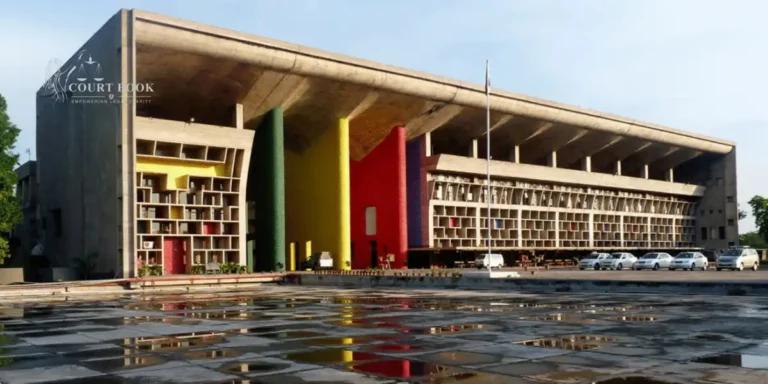The Punjab and Haryana High Court has quashed a ₹93.12 crore extension fee levied by the Haryana Urban Development Authority (HUDA) on the Power Grid Corporation of India Ltd., a central government entity. The fee was related to the delay in construction on land allotted back in 1996 in Faridabad for staff quarters and office use.
The Court ruled that the delay occurred due to procedural and administrative bottlenecks, and therefore should be treated as a "zero period" — a timeframe during which no penalty should apply.
Quoting the bench of Justice Sureshwar Thakur and Justice Vikas Suri, the court observed:
“The HUDA, Faridabad, has not till date sanctioned the buildings plan of the present petitioner, whereas, the sanctioning of the said plan was peremptory for construction being undertaken on the relevant sites. Therefore, the effect of all (supra) is that, the (supra) period reiteratedly was to be construed to be a zero period, besides when the controversy which emerged amongst the parties at lis become settled through an irreviewable verdict.”
Read Also:- Allahabad High Court Quashes Termination of Standing Counsel's Contract Over DM's Complaint
The land was originally allotted to Power Grid Corporation in 1996. However, construction work was delayed because of procedural delays typically faced by government organizations. Despite requesting extensions and even paying part of the fees, HUDA issued multiple show cause and resumption notices under the Haryana Urban Development Authority Act, 1977, citing non-construction.
In 2012, HUDA resumed the allotted land. The petitioner challenged this, and in 2013, the Chief Administrator ruled in favor of Power Grid, acknowledging that the delays were beyond the organisation’s control. Subsequently, a 2013 policy was issued by HUDA stating that instead of resuming plots, they should be regularized upon payment of the required extension fees.
Though the petitioner requested HUDA multiple times to calculate and share the due fees, no proper action was taken. Finally, the High Court stepped in and directed HUDA to communicate the dues, following which the petitioner paid over ₹4 crore in 2016.
Later, the Power Grid Corporation assigned the construction work to M/s VRC Shivalik Buildtech-JV. However, despite meeting the necessary legal and administrative requirements, HUDA failed to approve the building plans.
In 2017, HUDA suddenly raised a demand of ₹93.12 crore as extension charges, enhancement, and service tax — which the petitioner claimed was unjustified. It argued that the delay from 2011 to 2016 was due to HUDA’s own administrative inaction.
A writ petition was filed in the High Court in 2017, leading to the formation of a multi-member committee. The petitioner also made several representations during 2018 and 2019 regarding the flawed fee calculation.
Importantly, the petitioner referred to the earlier 2016 court order and reiterated that the ₹4.09 crore already paid should suffice, as the period of delay was not their fault and should be treated as a “zero period.”
Read Also:- Once Goods Are Verified in MOV-04, Revenue Can't Shift Its Stand Later: Allahabad High Court
Agreeing with this reasoning, the High Court held:
“The impugned letter...whereby a demand of Rs.93.12 crore has been raised by respondents towards enhancement, extension fees and service tax is hereby quashed and set aside. Further, the respondents are directed to issue No Dues Certificate in favour of the petitioner.”
This ruling offers relief to government agencies facing similar procedural hurdles in large-scale infrastructure projects and reinforces that delays caused by administrative lapses should not result in punitive charges against the allottees.
Mr. Akshay Bhan, Senior Advocate assisted by Mr. Aman Bansal, Advocate for the petitioner.
Mr. Deepak Sabherwal, Advocate for the respondent-HSVP.
Title: M/S POWER GRID CORPORATION OF INDIA LTD. v. HARYANA SHEHRI VIKAS PRADHIKARAN AND OTHERS















